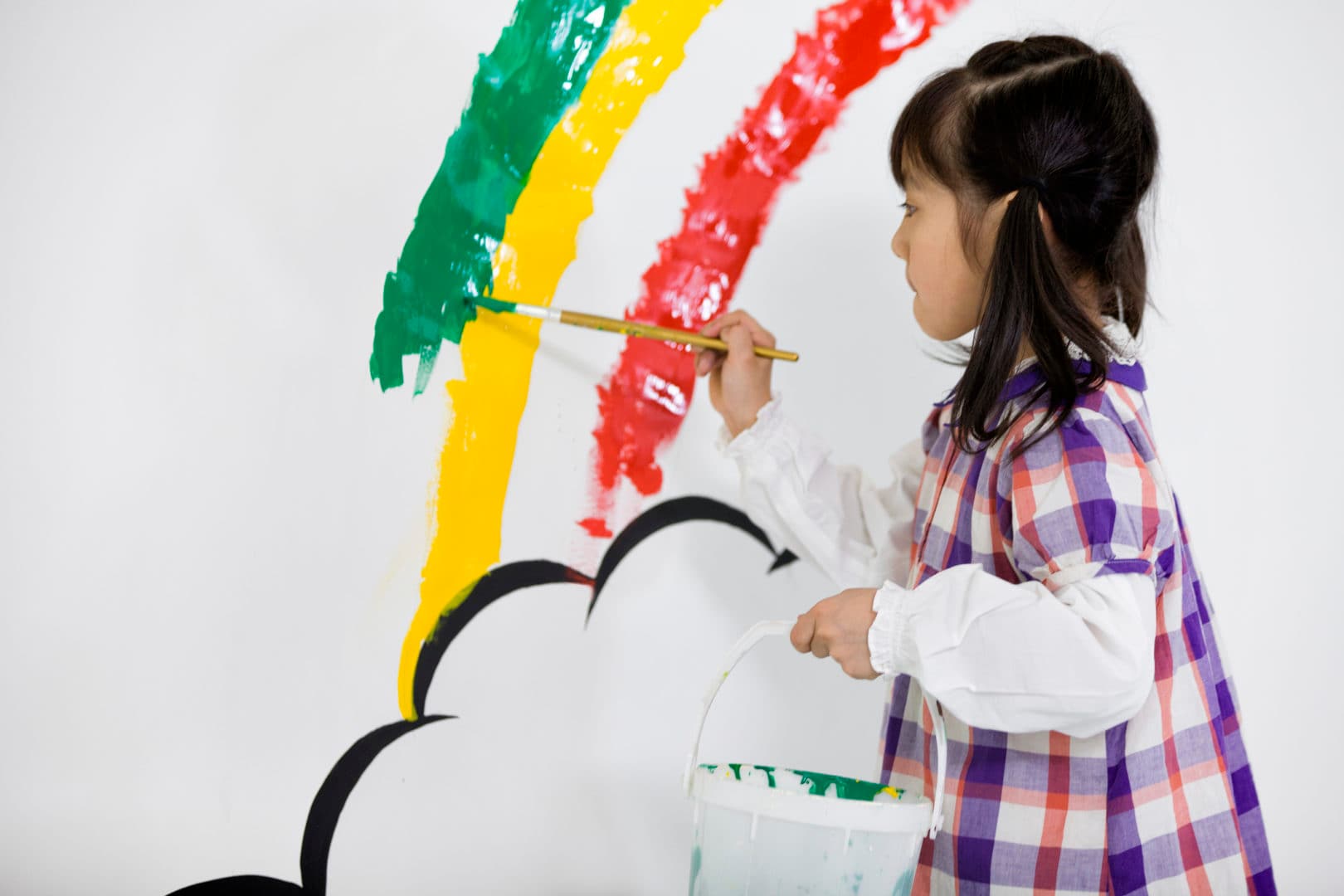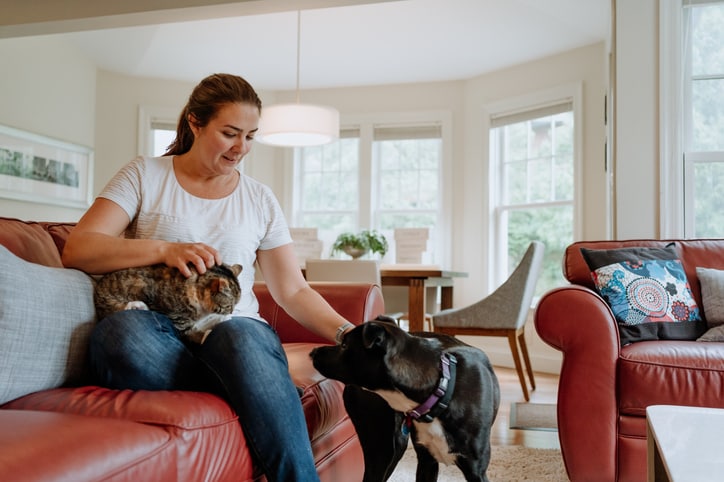If your child is shy or introverted, you know that finding an extracurricular activity can be a challenge. Popular team sports may send them running for the hills, and after-school programs can cause more anxiety than anything else.
“Our culture is biased toward extroversion, so it can be difficult for parents to know how to handle an introverted child,” says Carla Marie Manly, Ph.D., a clinical psychologist in Santa Rosa, California. “Introverted children, just like introverted adults, tend to feel stressed and anxious when forced to engage in too many extroverted activities.”
But that doesn’t mean your child shouldn’t participate. There are many benefits to having kids engage in extracurricular activities. With introverted children, it’s just about finding the right activity that will enable them to flourish.
At the Actors Training Center in Wilmette, Illinois, instructors are very aware of which kids want to be there for after-school classes and which ones only signed up because their parents made them.
“Sometimes we see quiet individuals come in who just blossom in class,” says the center’s founder, Carole Dibo.
This happens especially in improv classes, where kids work without scripts and are “just connecting with another person in the moment,” Dibo says. “Many introverted students become more confident.”
That’s the outcome every parent wants when their child begins an activity. So how do you find the right children’s activities for introverts? And how much, if at all, should you push them to try new clubs, teams and troops? Here are some tips and suggestions from experts.
How to support your child’s pursuit of a new activity
A non-stop schedule that includes baseball on Monday, drama on Tuesday, art on Wednesday and karate on Thursday will sound fun to an extrovert — but exhausting for an introvert. All the activities in the world won’t change the fact that introverts need more quiet, alone time to recharge. Since children — particularly young ones — don’t yet have the skills to understand their own needs, “it’s up to parents to help safeguard them,” Manly says.
“We don’t want to try to turn our kids into the person we wish they were, especially since it won’t work anyway,” says Amy Webb, Ph.D., founder of The Thoughtful Parent.
Here’s some advice on how to support your child in a more productive way:
Guide, but don’t push
“Pushing a child to be what they are not is often counter-productive,” says Manly. Offer your child several options for after-school activities, and then let them decide.
“When given a variety of reasonable choices, an introverted child is likely to find something that feels right,” Manly says.
“When given a variety of reasonable choices, an introverted child is likely to find something that feels right.”
AMY WEBB, PH.D., FOUNDER OF THE THOUGHTFUL PARENT
And when you support their decision to follow their gut — rather than doing what others demand — you’re helping them build healthy self-esteem and good boundaries.
Know your child’s limits
Even if you don’t personally feel the same way, respect the fact that introverted kids get burned out fast.
“An extroverted child might be able to go to school, attend dance class, do homework and then have the energy for a birthday party,” Manly says. “An introverted child may feel overwhelmed after a day at school and a half-hour music class.”
Slow down and honor your child’s needs. Plenty of kids crave downtime between school and the next thing on their agenda and will appreciate some days that have nothing scheduled.
“An extroverted child might be able to go to school, attend dance class, do homework and then have the energy for a birthday party.”
CARLA MARIE MANLY, CLINICAL PSYCHOLOGIST
Be honest
There’s no shame in being an introvert. Former President Barack Obama and Microsoft founder Bill Gates are self-proclaimed introverts, and so is Harry Potter writer J.K. Rowling.
“If your child is old enough to understand their need to recharge, have an open discussion about activities they might enjoy that still allow for meeting this need,” says Webb.
Encourage them to (occasionally) step outside their comfort zone
Introverted kids tend to prefer one-on-one interactions, because they don’t have to manage as many social exchanges, says Kristin J. Carothers, Ph.D., an assistant professor in clinical child psychology at the Georgia School of Professional Psychology at Argosy University and expert at Understood.org, a nonprofit that helps children with learning and attention issues.
But that doesn’t mean they should always turn down opportunities to be around more people, be it open gym time or a school dance.
“They may benefit from being gradually introduced to more social experiences so they can become more comfortable in [these] settings,” says Carothers.
In other words, it’s OK for your child to prefer low-key activities, but it’s also important for them to know they can handle — and maybe even enjoy — larger interactions, too.
Check for other issues
While we’re quick to assume a quiet kid is introverted, “some children with ADHD, dyslexia, dyscalculia or other issues may [also] find it difficult to interact with other kids,” says Carothers. “Kids can feel embarrassed or shy if they think they aren’t as smart as their peers.”
Talk to your kiddo about what it’s like for them to make friends, whether there are any activities that interest them and what makes coming home immediately after school so attractive, Carothers says.
“A better understanding of what exactly your child experiences will help you decide whether to pursue a professional evaluation,” she says.
Great activities for introverted kids
Many introverts gravitate toward activities that involve internal thought rather than pressure to perform. It’s also a good idea to offer completely unstructured activities that let kids choose where to focus their energies.
“Research continues to point out that kids need a lot of time for ‘free play’ to refresh their minds, build friendships and foster executive functioning skills,” Webb says.
For instance, your introverted child may try activities like:
- Painting
- Crafts
- Chess club
- Music lessons
- Single-player athletics, like swimming, running or biking
- Reading/book club
- Hanging out with neighborhood kids
- Playing with the family dog
- Acting or improv
Taking classes won’t make kids “suddenly outgoing, talkative and boisterous,” says Dibo. “But they … become more comfortable with whatever version of themselves feels authentic and honest. That’s how we measure success.”






